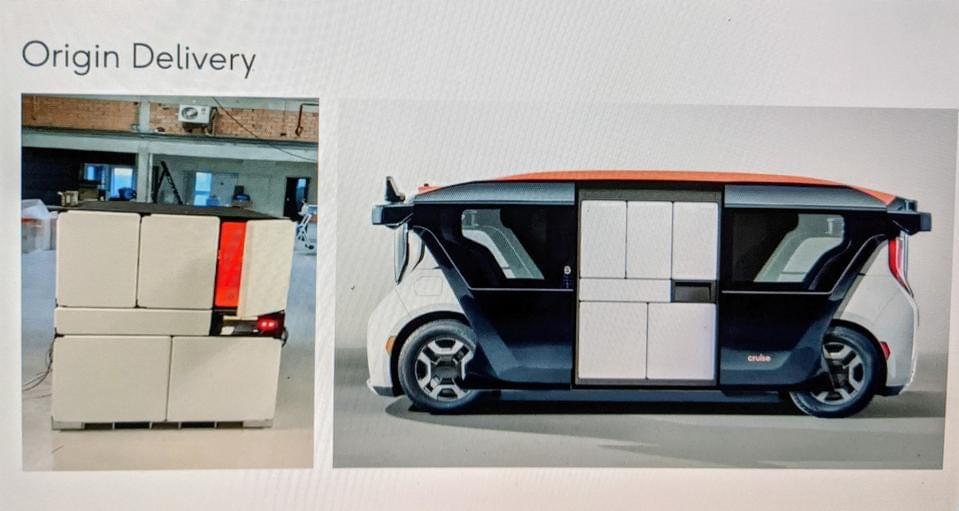It’s piloting the new delivery model in Logan, Queensland.
Alphabet subsidiary Wing has launched a pilot program that will have its drones fly products from the rooftops of shopping centers. In fact, it has already started the program in its biggest market, Logan, Australia. The subsidiary has teamed up with Australian retail property group, Vicinity Centres, to test the new model at Logan’s Grand Plaza, where Wing’s drones have been flying orders to customers from businesses directly below their launching pad.
Wing has been operating in Logan over the past two years, but up until now, businesses have had to co-locate their products at the company’s delivery facility. This is the first time the subsidiary is conducting deliveries from participating merchants’ existing location instead. Wing has been flying its drones from the rooftop of Grand Plaza since mid-August, delivering sushi, bubble tea, smoothies and other products from merchants in the shopping center. Starting today, the drones will also deliver over-the-counter medicine and personal care and beauty products.
Within the first six weeks of operating from the Grand Plaza, Wing’s drones have already made 2,500 deliveries to several Logan suburbs. The Alphabet company plans to expand not just its partner merchants in the center, but also its delivery coverage area. Jesse Suskin, Wing’s Head of Policy & Community Affairs in Australia, also said that if the Grand Plaza pilot is successful, the company can “potentially roll out similar models in other locations across Vicinity Centres’ retail property portfolio.”





